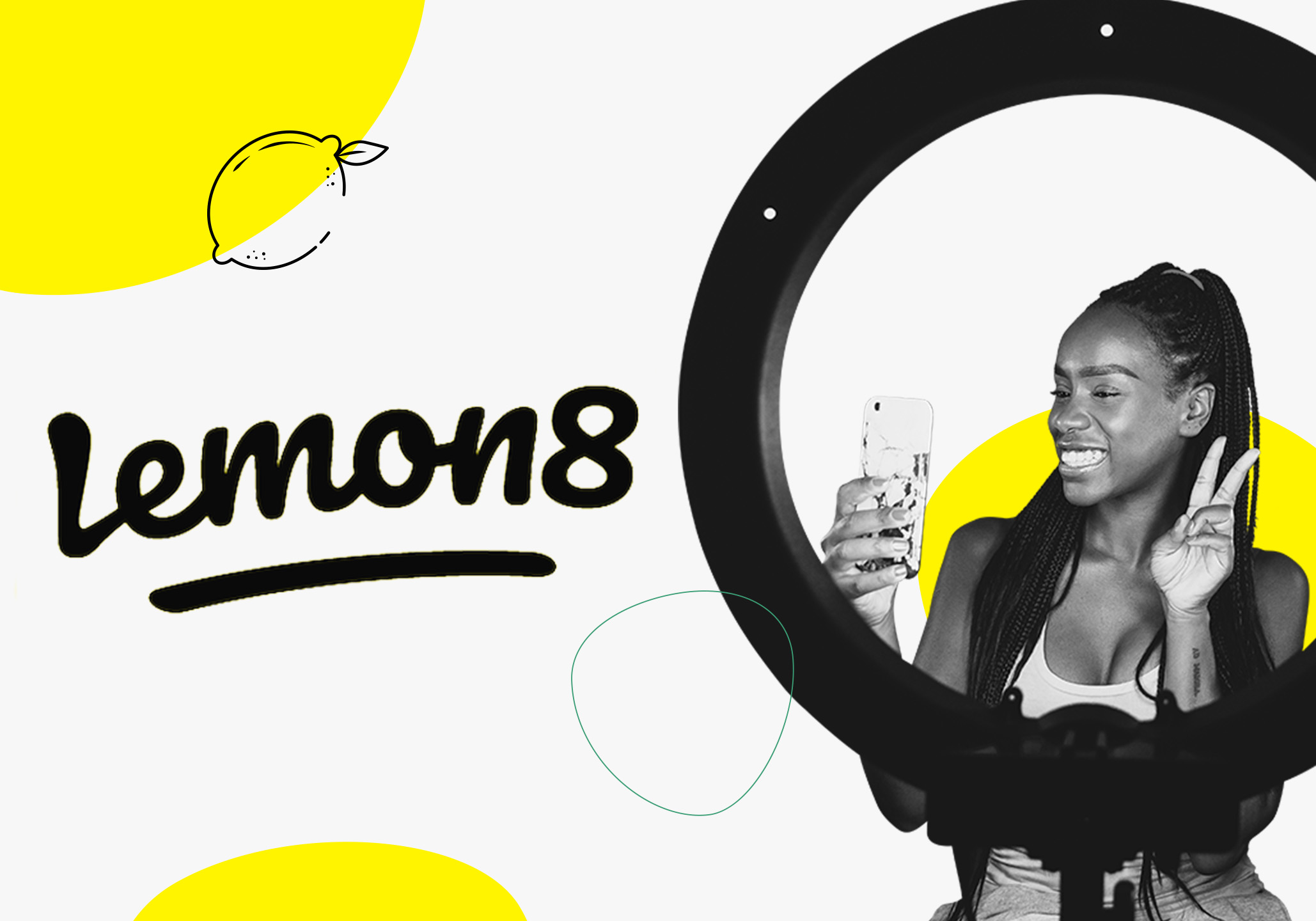Introduction: The Power of First Impressions
We’ve all heard the phrase, “Don’t judge a book by its cover.” It’s a simple, yet profound, saying that cautions us against making quick judgments based on appearances alone. But in today’s fast-paced world, where we often rely on first impressions, this timeless advice seems more relevant than ever. In this article, we’ll explore the deeper meaning behind this phrase, its origins, and how it applies to our daily lives, both literally and metaphorically.
What Does “Don’t Judge a Book by Its Cover” Really Mean?
At its core, the phrase is a metaphor for the idea that appearances can be deceiving. Just as a book’s cover may not accurately represent its content, a person’s outward appearance or the surface details of a situation might not reveal the full truth. This saying encourages us to look beyond the superficial and take the time to understand the true nature of things.
The Literal Interpretation: Book Covers and Their Importance
1. The Role of Book Covers in Publishing
Book covers are designed to attract readers and give them a glimpse of what’s inside. In the publishing world, a book’s cover is crucial for marketing. It serves as the first point of contact between the reader and the content. A well-designed cover can pique curiosity, while a poorly designed one might deter potential readers.
2. Can a Book’s Cover Be Truly Representative?
While covers are important, they are not always indicative of the book’s quality or its content. Many great books have simple or misleading covers, while some with stunning covers may fall short in substance. This brings us back to the idea that we shouldn’t make assumptions based solely on what we see on the surface.

The Metaphorical Interpretation: Judging People and Situations
1. First Impressions in Social Interactions
In social settings, first impressions often dictate how we perceive others. However, these initial judgments can be influenced by factors like appearance, body language, and even stereotypes. The phrase “don’t judge a book by its cover” reminds us to take a step back and consider the whole person before forming an opinion.
2. The Dangers of Superficial Judgments
Relying solely on appearances can lead to misunderstandings and missed opportunities. For example, someone who appears unapproachable might be incredibly kind and thoughtful once you get to know them. By judging too quickly, we might miss out on valuable connections or insights.
3. Applying the Concept in the Workplace
In a professional setting, it’s easy to make snap judgments based on someone’s job title, attire, or demeanor. However, taking the time to understand colleagues’ strengths and perspectives can lead to better teamwork and innovation. Diversity of thought often comes from those who might not fit the typical mold.

Cultural and Historical Context
1. Origins of the Phrase
The phrase “don’t judge a book by its cover” is believed to have originated in the mid-19th century. The first recorded use is in the novel The Mill on the Floss by George Eliot, where it was used to caution against making assumptions based on outward appearances.
2. How Different Cultures Interpret the Phrase
While the phrase is widely recognized in English-speaking countries, other cultures have similar sayings that convey the same message. For example, in Japan, there’s a proverb that translates to “The chrysanthemum blooms on a withered branch,” emphasizing the idea that beauty and value can be found in unexpected places.
How to Apply the Phrase in Everyday Life
1. Practicing Empathy and Open-Mindedness
To avoid superficial judgments, it’s important to practice empathy and open-mindedness. This means being willing to listen, ask questions, and understand others’ perspectives before drawing conclusions.
2. Encouraging Others to Look Beyond Appearances
We can also encourage those around us to avoid snap judgments by setting an example and fostering an environment where deeper understanding is valued over quick assessments.
3. Real-Life Examples of Misjudgments
History is filled with examples of people who were underestimated based on appearances or background, only to later prove their worth. These stories remind us of the importance of giving others a chance to show who they really are.
The Impact of Media and Technology on Judgments
1. The Role of Social Media in Shaping Perceptions
In the age of social media, we are constantly exposed to curated images and snippets of people’s lives. This often leads to quick judgments based on limited information. Understanding the difference between online personas and real life is crucial in avoiding misjudgments.
2. How Technology Can Reinforce or Challenge Stereotypes
Algorithms and technology can sometimes reinforce stereotypes by showing us content that aligns with our biases. However, they can also challenge us by exposing us to diverse perspectives if we actively seek them out.

Why It’s Important to Reserve Judgment
1. The Value of Patience and Curiosity
Reserving judgment allows us to approach situations with patience and curiosity. Instead of jumping to conclusions, we can take the time to explore different angles and understand the full picture.
2. Building Meaningful Relationships
When we look beyond the surface, we open ourselves up to building deeper, more meaningful relationships. This applies not only to personal connections but also to how we interact with the world around us.
Conclusion: The Lasting Relevance of “Don’t Judge a Book by Its Cover”
In a world where first impressions often carry significant weight, the phrase “don’t judge a book by its cover” serves as a powerful reminder to look deeper. Whether applied to people, situations, or even actual books, the message is clear: there’s more to everything than meets the eye. By embracing this mindset, we can foster a more understanding, empathetic, and enriched life.
FAQs About Judging a Book by Its Cover
1. Why is it so common to judge based on appearances?
Humans are wired to make quick decisions for survival, but in modern society, these instincts can lead to unfair judgments.
2. How can I stop myself from making snap judgments?
Practice mindfulness and remind yourself to seek more information before forming an opinion.
3. Are there any positive aspects to first impressions?
First impressions can be useful in certain situations, like safety assessments, but should be balanced with deeper understanding.
4. Can books with bad covers still be good?
Absolutely. Many great books are hidden gems with covers that don’t do them justice.
5. How does this phrase apply to modern-day social media use?
Social media often shows only the highlight reel of people’s lives, so it’s important not to judge someone’s entire life based on their posts.





